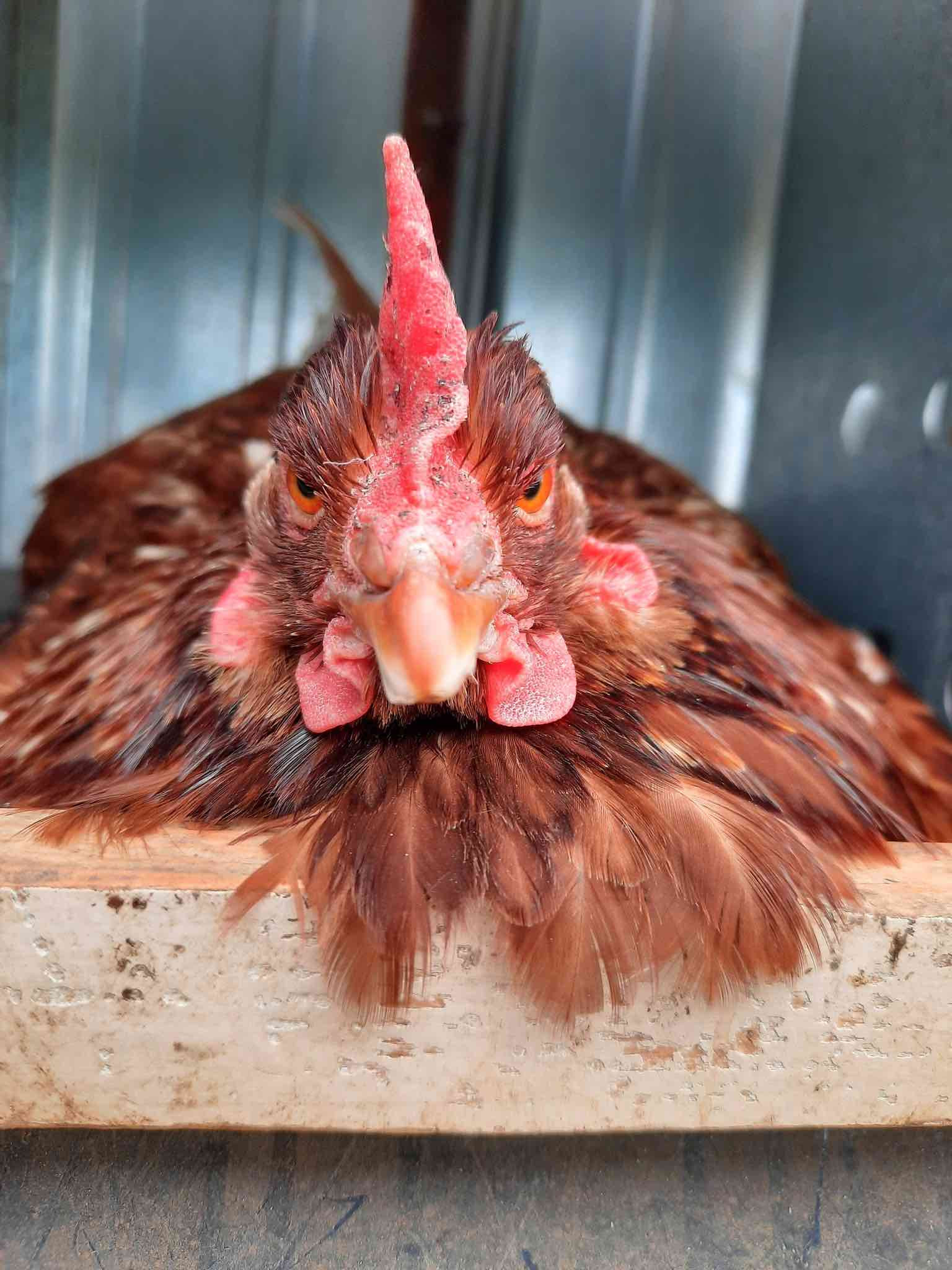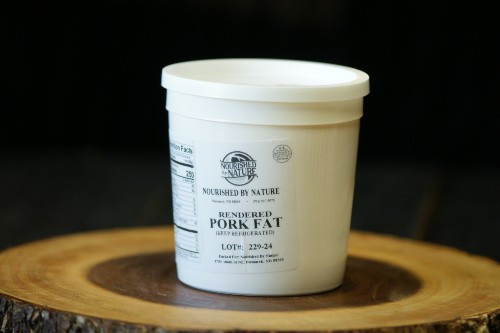Is Castration The Most Ethical Choice?
posted on
April 20, 2024

As we come back to this topic of castration, let us consider leaving all the males intact on our ranch- including bulls, boars, dogs, and rams and allowing them to freely mingle with the cows, sows, bitches, and ewes.
If we allowed this to happen, we would have pregnant females going to slaughter (which seems inherently evil), less fit males doing the breeding which prevents us from selecting for desired traits, and baby calves, piglets, puppies and lambs being born in the middle of the summer and winter which is not ideal for survivability for the obvious reasons.
We also would not have the same herd effect on our landscapes because the herds would be more broken up. Intact males also require more space and can't be bunched all together for AMP or mob grazing, which helps improve soil quality. They require more space because they fight to establish hierarchy and will in turn tear through fences and destroy infrastructure when forced to bunch too closely.
We always joke about getting the call from the sheriff saying "the bulls are on the interstate!" because they are notorious for breaking through fences and it has happened before. Everyone's worst nightmare... One can only imagine this problem being compounded with all in-tact males in a large herd.
Any rancher knows that it takes just about the same amount of time to check a herd of 50 head of cattle as it does 200 head of cattle. So when you consider this, each additional herd adds almost twice the amount of labor (and infrastructure) as before. More labor means more expense which would eventually have to be passed on to the end consumer; ie. you.
Finally, there is a meat quality component to castrated animals as well. Intact males tend to be leaner, tougher, and "gamey-er" than castrated ones. Especially as they age. With the majority of consumers today looking for better marbling, an animal will finish better once it is castrated. Ultimately, it comes down to consumer preferences and so long as the consumer prefers more marbling and intramuscular fat, we will meet that demand.
As a final note, we would also mention that the younger you castrate, the better it is for the animal because it is less stressful for them, easier for us, and there is less risk. That is why we do the majority of our banding and castrating at less than a week of age. At this age, they may be sore for a few days but rarely have an issue and honestly, go about their day as if nothing ever happened to them.
We hope these considerations shed some light on this topic for you and give you some peace of mind as to why we've made these prudent management decisions.
Please feel free to reach out if you have any further questions!






